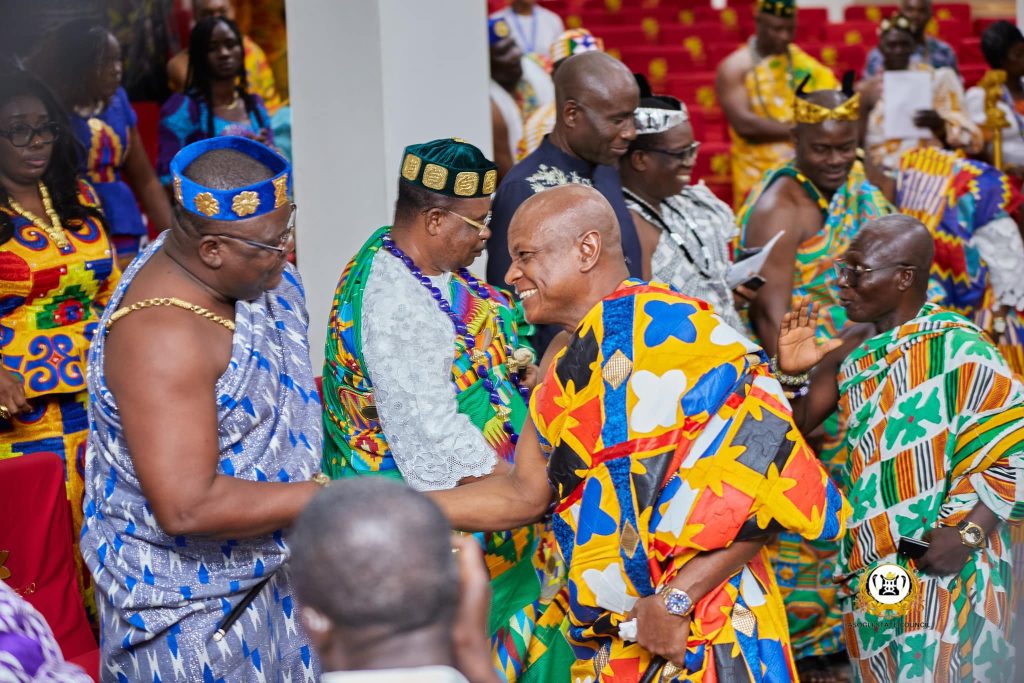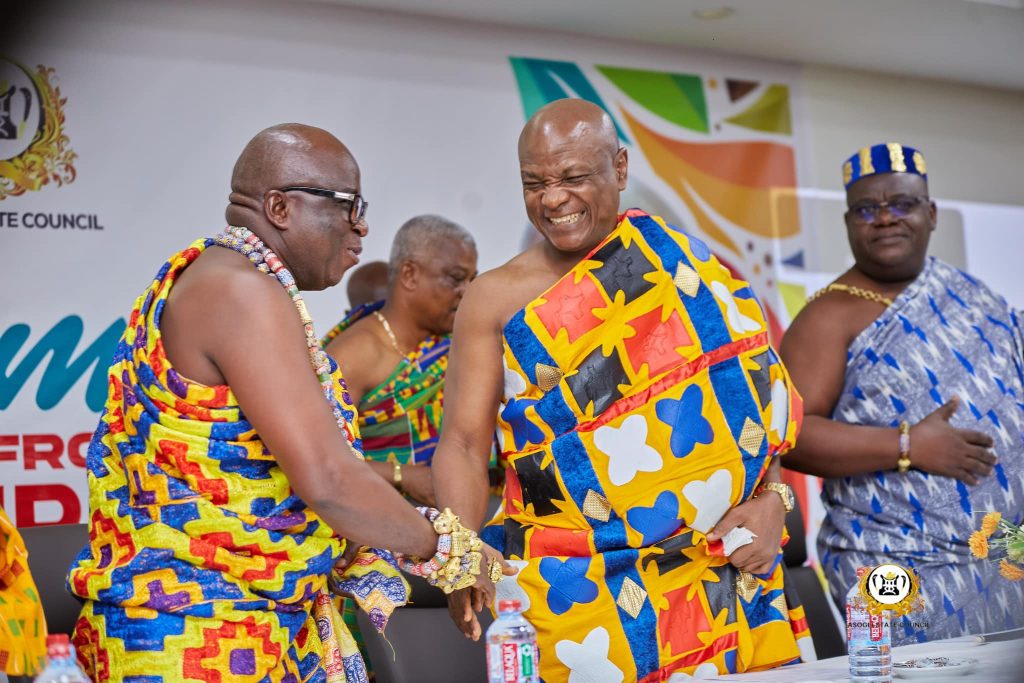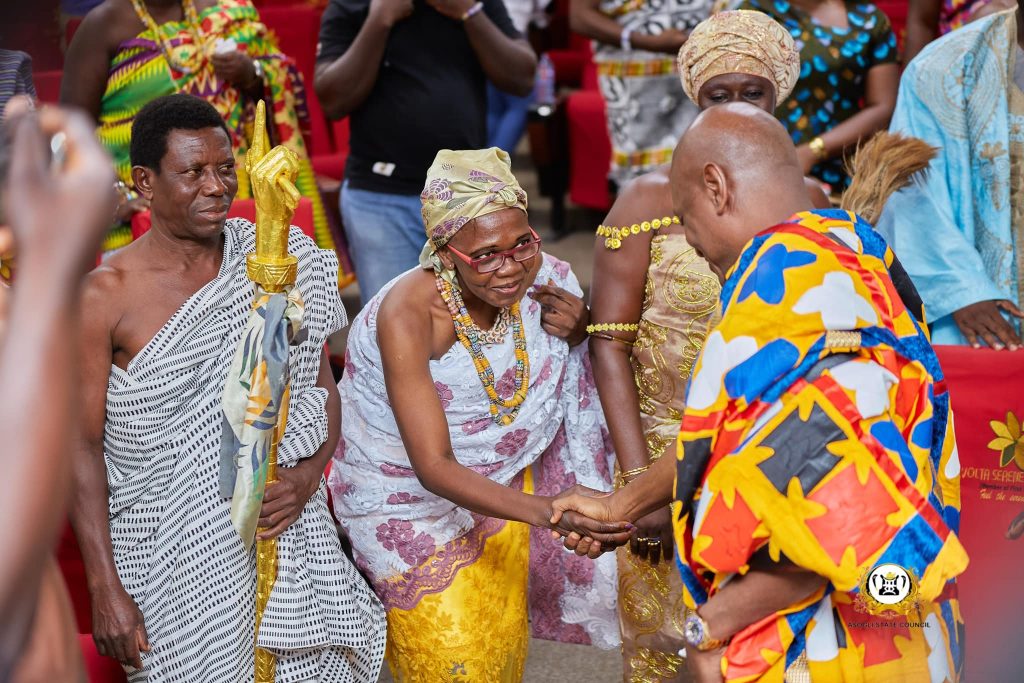By Samuel Akumatey
Ho, Oct. 05, GNA – Togbe Afede XIV, the Agbogbomefia of Asogli has established a formal institution for the development of traditional leadership on the African continent.
The African Traditional Leadership Institute (ATLI) is the brainchild of the paramount ruler and which he says would become the vehicle for the creation of an African traditional leadership union.
Dr John Afele, an international consultant leading the establishment of the institute, announced its completion, when he addressed the third summit of Ewe Traditional Rulers held at Volta Serene Hotel in Ho.
He reported that the registration process and the subsequent constitution of a five-member executive committee had been completed and with Togbe Afede elected the first President.
The Institute has a million cedis limited guarantee from Strategic African Securities, and the Agbogbomefia provided USD 20,000 for initial works.

The Institute is being hosted at the World Trade Center in Accra, and Dr. Afele said it would serve as a “strong center” for the advancement of traditional leadership heritage, culture, and tradition.
He predicted that the institute would become the “biggest representation of traditional leadership,” and a centre of learning.
He said the institute is being managed by a multilayered structure of committees with a dominating representation of chiefs and would work with the African Union to help “localise its programs and initiatives,” and promote the African Continental Free Trade Area (AfCFTA).
The African Traditional Leadership Institute would among others lead research into what the Consultant called the “redesigning local government arrangements” to get chiefs more involved in the development of their localities.
Notable members of the Executive Committee include Professor Nana Nketia, Professor Raymond Atuguba, and Dr Afele.
Dr Afele said the various embassies and diplomatic missions were being engaged to support the Institute.
“The Institute will identify projects by the AU that can be supported. We will promote tourism,” he said.

The annual summit of Ewe traditional rulers was initiated by the Asogli State and brings together hundreds of traditional rulers of Ewe communities across West Africa.
Dr Afele said the summit “constitutes the foundational steps for the establishment of the Institute,” and that it should bring together other chiefs of the black nation to constitute a larger union.
Togbe Afede in his speech acknowledged the task of the endeavour, and commended the encouragement of the diverse stakeholders, saying the various embassies showed “strong support.”
He said traditional authority continued to shed power and authority within the modern world dispensation, and that the Institute would help address the issues.
“The Institute is a huge responsibility we have taken upon ourselves. It is a precursor to the Union, and programs implemented by the AU and the AfCFTA will find support at the traditional level. By working with chiefs, we can mobilise citizens to be part of their programs and ensure that the benefits of their efforts are felt by the grassroots,” the Agbogbomefia said.

Togbe Afede spoke about numerous projects the Asogli State would be focusing on, and which he said should find the support of the newly established Institute.
He spoke of the establishment of formal committees for the State, and the redevelopment of the State brand complete with anthems and paraphernalia as well as publications on the city and the Region as a whole.
Envoys from Togbui Agorkorli, the Ruler of Notsie the ancestral home of the Ewes, presented at the summit plans for a heritage centre project to be built at the community of Agbogbome in the ancient town.
The centre would include, among numerous facilities, a museum of Ewe heritage, and Togbe Afede pledged support for the project while revealing plans by the Asogli State to develop some for the regional capital.
GNA